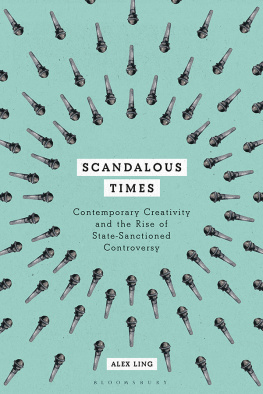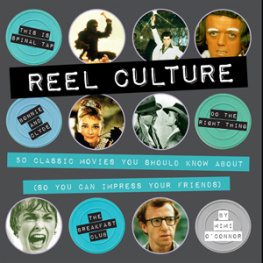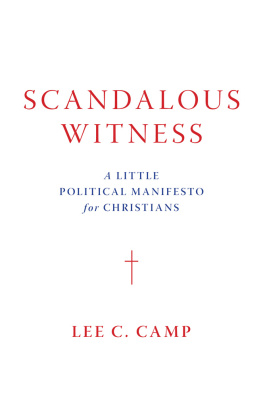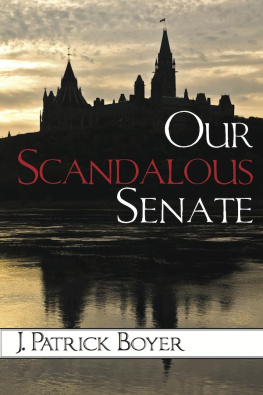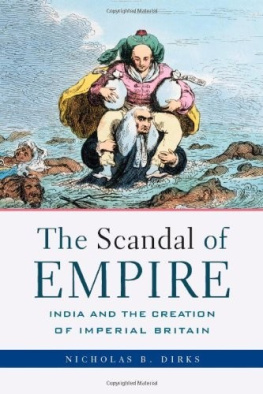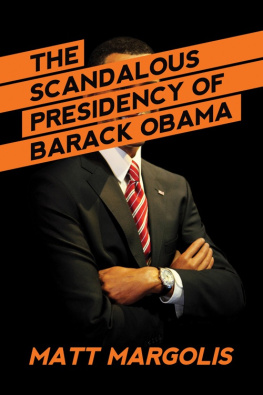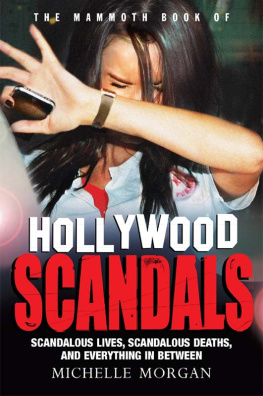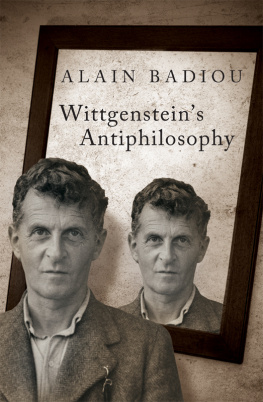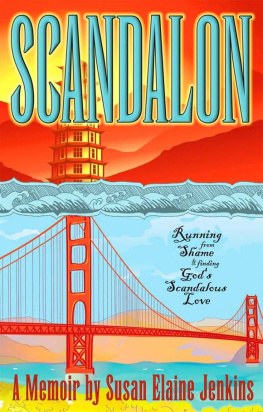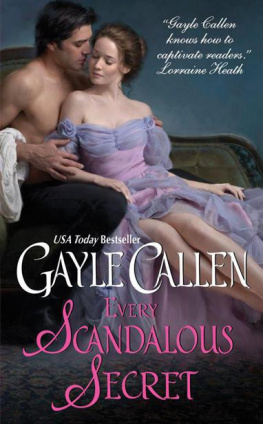Scandalous Times
Also Available from Bloomsbury
Ethics under Capital: MacIntyre, Communication, and the Culture Wars, Jason Hannan
Right-Wing Culture in Contemporary Capitalism: Regression and Hope in a Time without Future, Mathias Nilges
The Reasoning of Unreason: Universalism, Capitalism and Disenlightenment, John Roberts
Badiou Reframed: Interpreting Key Thinkers for the Arts, Alex Ling
Mathematics of the Transcendental, Alain Badiou, trans.
A. J. Bartlett and Alex Ling
Scandalous Times
Contemporary Creativity and the Rise of State-Sanctioned Controversy
Alex Ling

The malice of a good thing is the barb that makes it stick.
Richard Sheridan, The School for Scandal
Contents
First and foremost, an enormous debt of gratitude is owed to Suzie Daniells and Franois Ladouceur, without whose constant support and generosity this book would not exist. I also want to acknowledge the help and assistance I have received from my colleagues at Western Sydney University, in particular Anthony Uhlmann, Adam Daniel, and Lorraine Sim, together with colleagues and friends from afar, notably Adam Bartlett, Barbara Creed, and Angus Taylor. Lastly, eternal thanks go to Lucy Russell and Liza Thompson at Bloomsbury Academic, for their professionalism, their support, and their patience throughout the project.
We live in scandalous times. Every day it seems that we are greeted with some new controversy: some daring act of provocation, some atrocious misdeed, or salacious piece of gossip makes its way to us via our chosen media, demanding our attention, our emotional investment, and, ultimately, our judgment.
The hedge fund manager who absconds with his clients money The famous athlete whose secret doping regimen is suddenly and sensationally exposed for all to see The former child star who loudly proclaims her newfound adulthood by ramping up her sexuality The prudish politician who for years has been leading a tawdry double-life The boundary-pushing artist who finally takes their work that one step too far
That we are easily able to attach myriad proper names to each of these generic examplesand that we can do so with hardly a seconds thoughtattests not only to the familiarity with which we embrace these exceptions to the norm, but also to the fact that they now arise with such rapidity and regularity as to constitute normalized exceptions. Indeed, of the many ironies that are part and parcel of our hyperconnected, later-than-late-capitalist society, one of the most striking is the way that scandals like these, together with the controversy that surrounds them, have become such an expected and even comforting part of our lives. Exactly how it is that these otherwise largely far-removed events and revelations have come to affect us so deeply is another.
More remarkable still is the fact that the question of what all of this actually means remains to this day largely unanswered. Or in other words: while we can certainly point to numerous fascinating and sophisticated studies of
And yet it is precisely this kind of theoretical investigation that is so clearly required today. For while the events themselves may at times appear trivial or insignificant (from an intellectual point of view, at least), the consequences they have on our everyday lives are anything but. To be sure, far from representing the meaningless froth of social and political life, the fact is that contemporary scandals wield a truly alarming subjective power. Our contention here is then that scandals really do mean something (in the significatory as much as the intentional and consequential senses of the word), and this meaning is only reinforcedeven intensifiedby our obstinate and misguided refusal to recognize it.
None of this, of course, is in any way to suggest that the influence the scandal has over its audience has somehow passed by unnoticed in critical commentary. To the contrary, questions of identity formation and social construction, in particular in relation to moral frameworks, have long been an underlying theme of so-called scandal research. So much is this the case that they can even be said to constitute a defining and hence unifying feature of all scandal-related scholarship, Steffen Burkhardt going so far as to characterize this otherwise diverse field of research as the systematic and comparative study of scandals as a social ritual that serve the purpose of updating normative moral models in a society and, through communication, contribute to a collective difference and identity formation.
Countless examples of this subjective focus abound. Max Gluckmans early anthropological work on Gossip and Scandal identifies the latter as a powerful mechanism of social order that functions to preserve the unity, morals and values of social groups,
Needless to say, it would hardly be difficult to extend this list further. That the bulk of the existing research recognizes the considerable influence the scandal has on the individual subject is not in question here. Our immediate concern rather lies elsewhere; in particular, it rests with the nature of the subject itself.
While the intimate function of scandals in individual and social formation obviously represents a key concern of this book, the way we will be approaching this question differs significantly from previous studies. For one thing, as already indicated, the lens we employ here is neither explicitly political, nor sociological (nor artistic, nor historical ), but rather philosophical. (That being said, our analysis will naturally also take in these other important areas.) To this end, while the work undertaken here is certainly concerned with identifiable historical and contemporary scandals, it is not intended as constituting scandal research per se. Moreover, the aforementioned intimacy of scandalthe way it so profoundly (if surreptitiously) affects its publicdoes not represent for us a horizon, as is the case in standard models, but instead constitutes a point of departure. Specifically, in examining the subject of scandal, our first port of call must be none other than the individual subject as such: not the scandalous subject matteri.e., the shocking or salacious details of the event itselfbut rather the materiality of the subject on which the scandal acts, namely, the scandalized, as opposed to the scandalous, subject.
Yet this fundamentally (if perhaps unintentionally) Cartesian notion of the fully self-transparent subjectof the subject certain that there can be nothing in him, in so far as he is a thinking thing, of which he is not aware
This steady process of de-subjectivizationof stripping away the autarchic layers of the subjectin fact continues to this day with figures like Alain Badiou and Quentin Meillassoux, both of whom enlist mathematics to their cause, the former to reduce the subject to an elementary formalismnot a necessary function but rather a contingent framework; a configuration in excess of the situation
While it would be easy, as before, to extend this list with further examples, the basic point should by now have been made clearly enough: from the most intimate aspect of our individual selves, to an abstract framework configuring multiple different objects, the contemporary subject would seem to bear only the most passing resemblance to its classical Cartesian conception. In a word, the subject is today but a shell of its former self.
All the same, it is this increasingly philosophically obsolete subject that still underlies (and, by the same token, undermines) the lions share of scandal-related scholarship. To be more precise, the bulk of scandal research reformulates this sovereign individual subject in terms of an equally sovereign public qua
Next page
